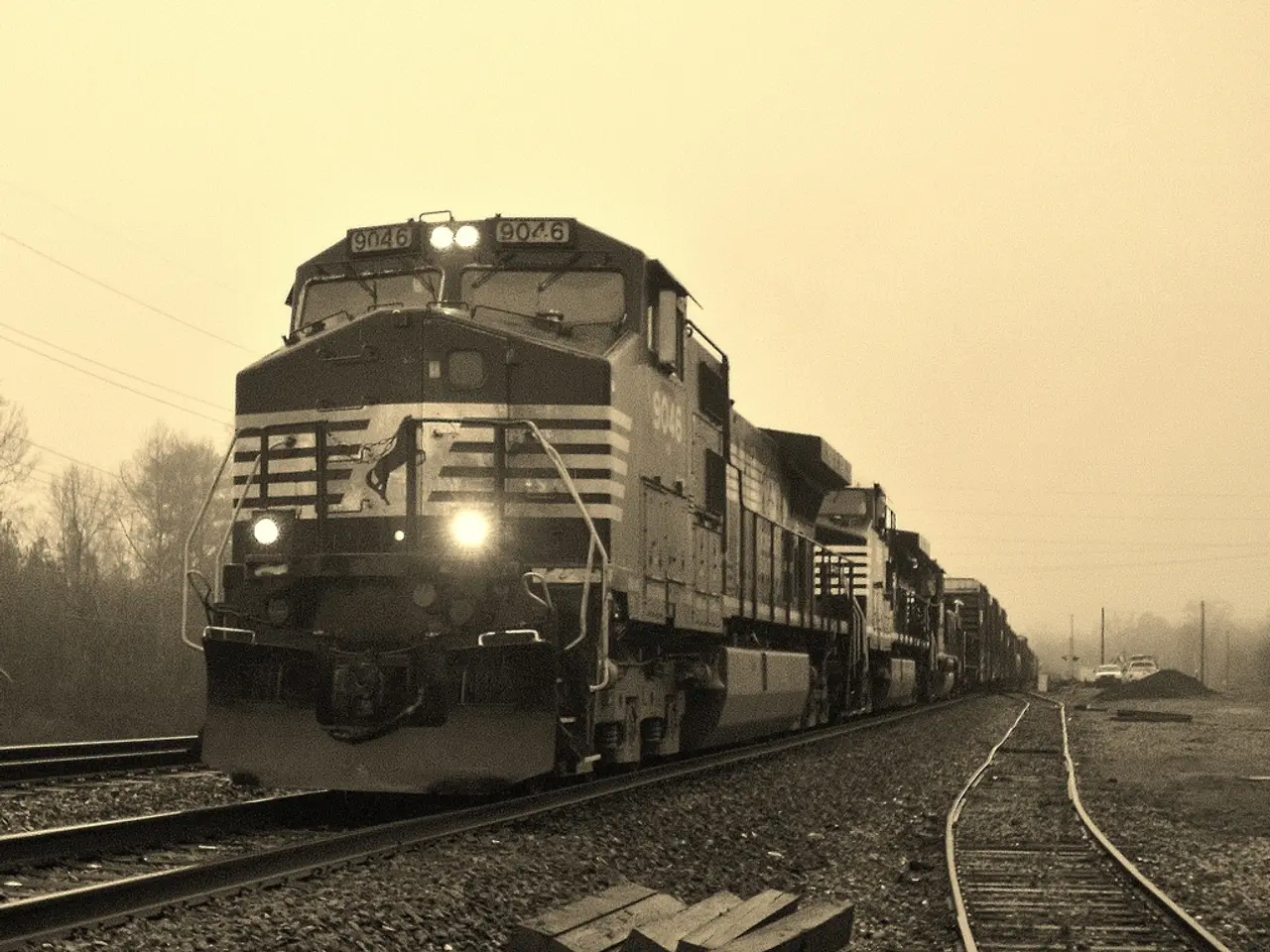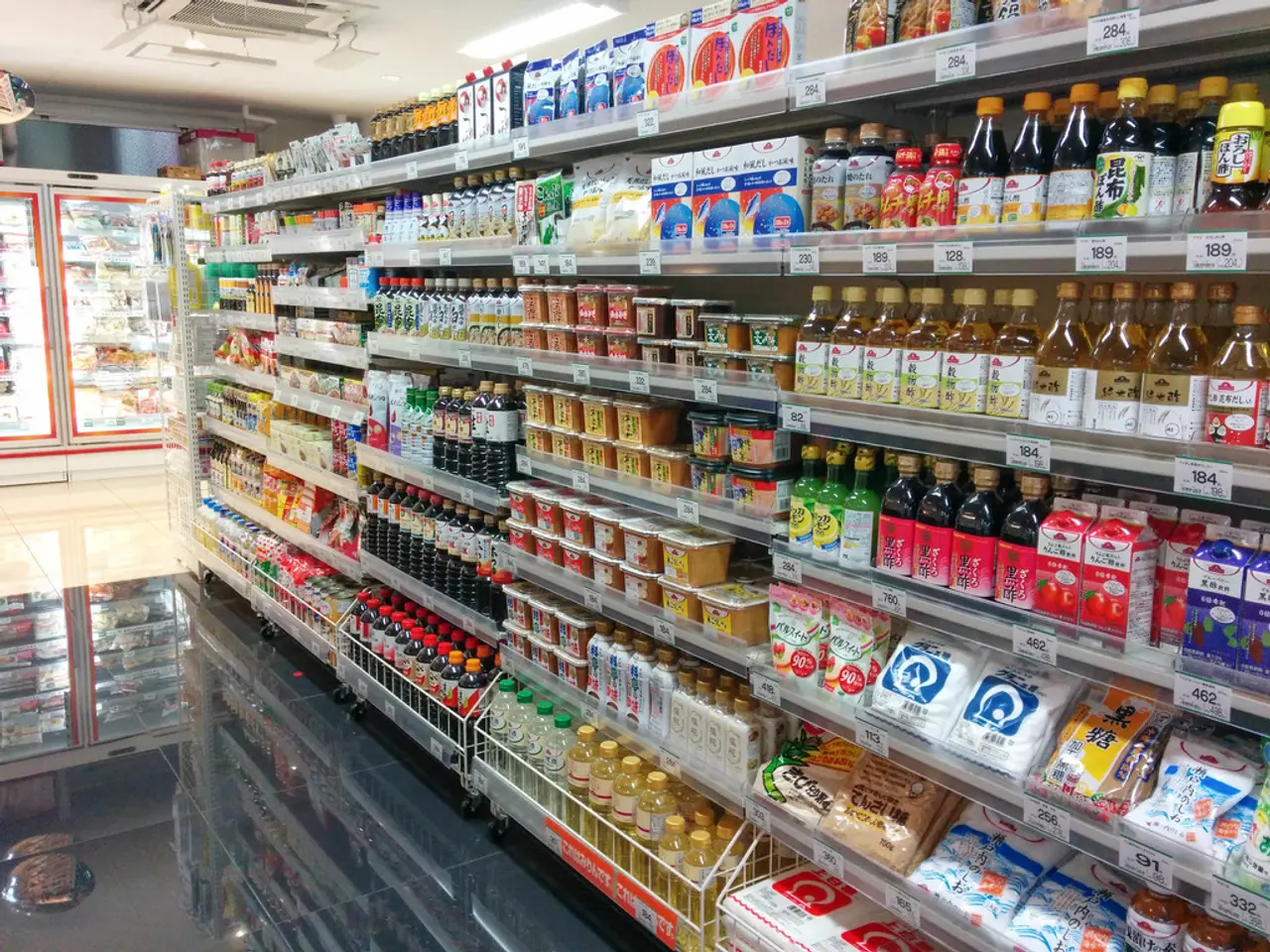Passengers face an unacceptable predicament
The Verkehrsverbund Berlin-Brandenburg (VBB) is taking active steps to alleviate significant overcrowding issues on regional train services to Berlin’s outskirts and the Baltic Sea, particularly during weekends. Christoph Heuing, the newly appointed CEO of VBB, has acknowledged the current overcrowding as unacceptable and has committed to improving the situation.
Key points of the VBB's capacity expansion plans include the introduction of a third additional train service towards the Baltic Sea, discussions with Mecklenburg-Vorpommern officials to establish a regular hourly train service between Berlin and Stralsund, and a proposed new schedule that would enable direct trains every two hours on the RE3 line and transfers every two hours at Angermünde to a new RE30 service from Stralsund.
Despite these ambitious plans, infrastructure limitations currently constrain further expansions, which VBB will need to address in the medium term. In addition to these Baltic Sea service expansions, ongoing infrastructure projects in the wider Berlin-Brandenburg region aim to improve regional train services.
The reinstatement of mainline tracks alongside the S-Bahn from Berlin Südkreuz to Blankenfelde, expected around late 2025, will speed up connections between Berlin and Dresden and enable fast service to Berlin-Brandenburg airport. Temporary rerouting and reopening of lines such as Kremmen to Neuruppin will also allow alternative regional services during engineering works, improving overall network resilience.
These plans collectively indicate that the VBB is focusing on both capacity and infrastructure improvements to better serve Berlin’s outskirts and the Baltic Sea destinations, addressing current passenger demand challenges and preparing for future growth.
However, regional train journeys to Berlin's outskirts are often felt as a gamble on beautiful weekends, with cyclists encountering crowded trains and potential bike carriage issues due to priority given to wheelchairs and strollers. To alleviate this, VBB asks those traveling from Berlin to the Baltic Sea to refrain from bringing their bikes if possible, and suggests local bike rentals as an alternative for cyclists traveling to Berlin's outskirts.
Christoph Heuing, the new CEO of VBB, has been in the position since early May, previously leading the Verkehrsverbund Mittelthüringen for ten years. He refers to the infrastructure project "i2030" as a solution to create more capacities in the capital region. The project, which aims to address infrastructure problems in the region, is planned over many years.
The increased demand in regional transport, partly due to the Germany ticket, is causing problems due to the overloaded rail infrastructure. VBB urges passengers to plan their journeys carefully and to consider traveling at off-peak times to help reduce overcrowding. With the ongoing expansion plans and infrastructure improvements, the VBB is working towards a more comfortable and efficient travel experience for all passengers.
- In an attempt to improve transportation options for passengers, VBB is collaborating with finance industry partners to secure funding for the 'i2030' project, which aims to create additional capacities in the industry, specifically focused on public-transit infrastructure in the capital region.
- To ensure long-term sustainability and scalability of transportation services, VBB's strategic plans involve revamping the current schedule on the RE3 line, extending hourly services to Berlin-Stralsund, and introducing a new service, the RE30, to facilitate direct transportation from Stralsund to Angermünde every two hours, fostering efficient transportation within the region and beyond.




